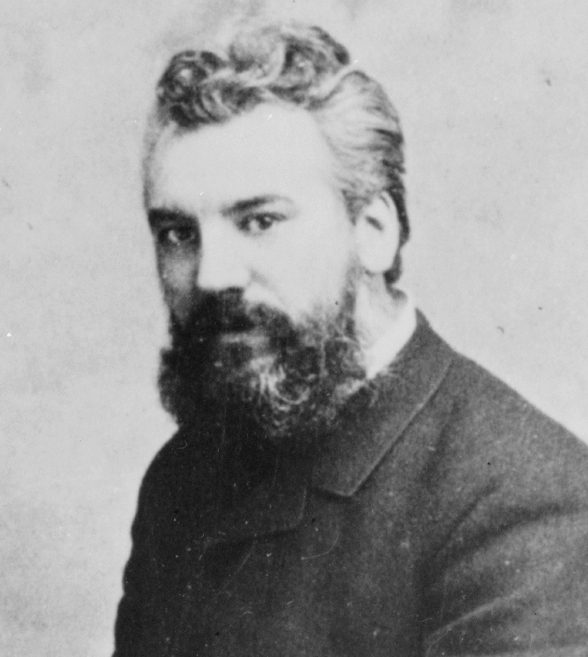
Alexander Graham Bell helped shape the modern world. Famed for the telephone, he had a broad range of interests that spawned a number of inventions: spanning airplanes and kites, to deaf education and artificial respiration. His legacy is so ubiquitous that the Bell telephone company founded by his brother-in-law is still around today.
More locally: he had a strong connection to Nova Scotia, spending many summers in the grand home with adjoining laboratory he built on Cape Breton island. I highly recommend visiting the Bell museum in Baddeck, a national historic site maintained by Parks Canada. It was on a visit there that I discovered Charlotte Gray’s masterful biography of him: Reluctant Genius.
There is a lot to recommend about this well-researched but readable biography. Particularly, the book shows how his hearing-impaired wife Mabel was an important influence on the mercurial Bell. His knowledge of education for the deaf (one of his few abiding interests) was key to his invention of the telephone.
Knowing this historical connection, I couldn’t resist having a cameo appearance of the great inventor in Poor Farm. Especially as his views on the deaf (despite his wife Mabel) find echoes in some of the prevailing attitudes on autism. The following quote is revealing:
Several influential people of the time, including Bell, viewed deafness as something that should be eradicated, and also believed that with resources and effort, they could teach the deaf to read lips and speak and not use sign language, thus enabling their integration within the wider society from which many were often being excluded. Owing to his efforts to suppress the teaching of sign language, Bell is often viewed negatively by those embracing Deaf culture.
WikiPedia
Today, allowing the deaf to communicate using sign language is uncontroversial. However, I don’t believe in judging people from the past by today’s standards. My sense of Alexander Graham Bell is that he was a generous man who meant the best for those in his life who suffered from hearing loss. His attitudes reflect the prevailing attitudes of the time Poor Farm is set.
I am speaking here as a parent of an autistic son who I often have to speak for and yet I know he has his own voice. I wrote Poor Farm to explore the nuances of this difficult issue.